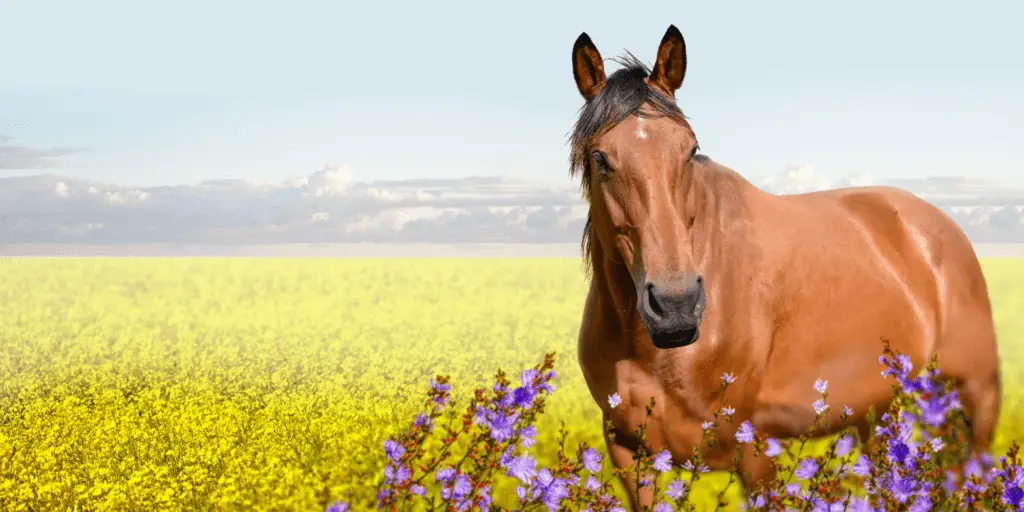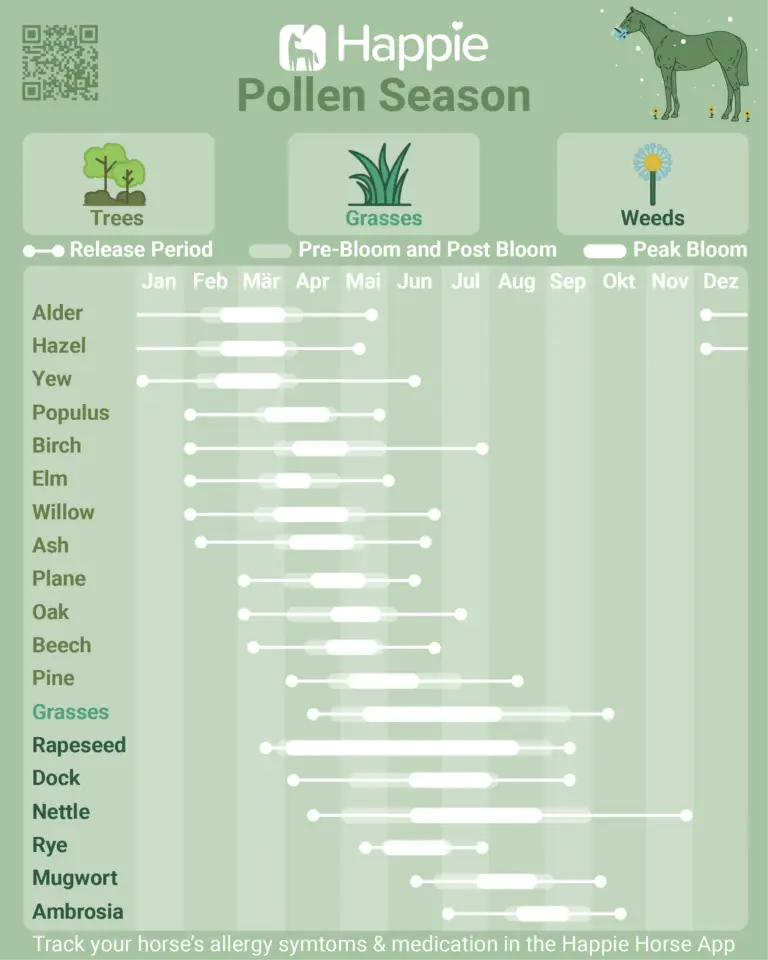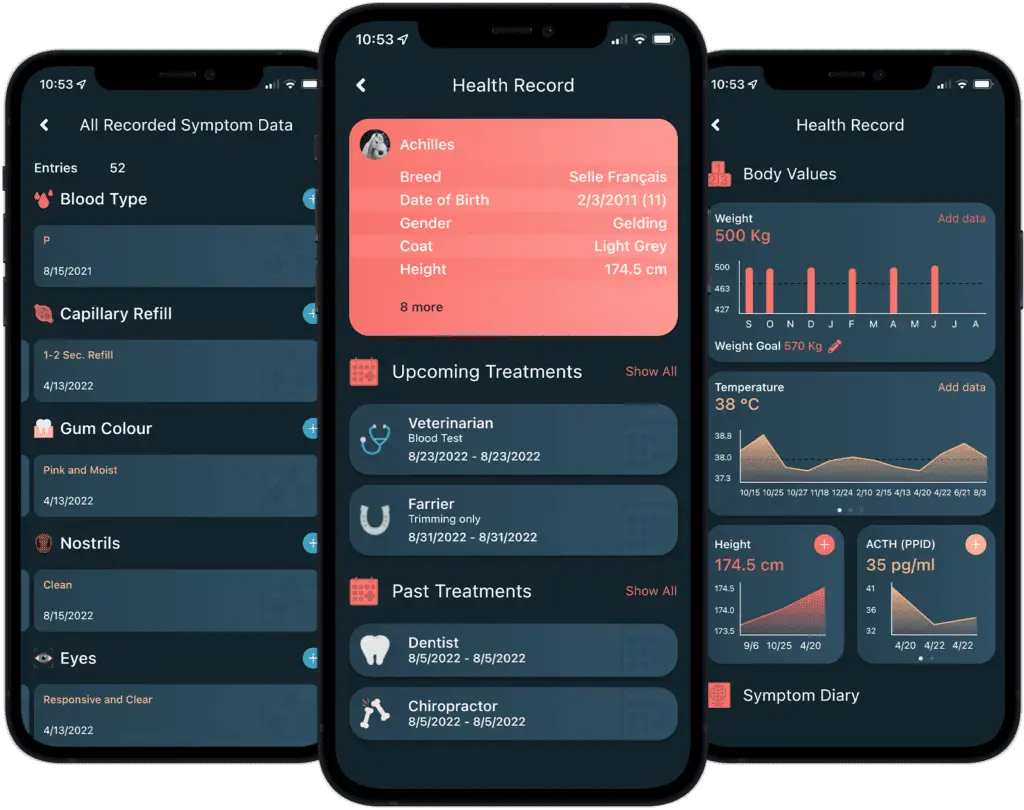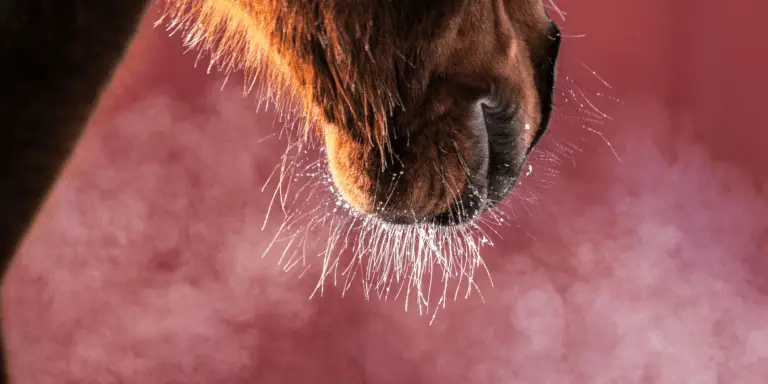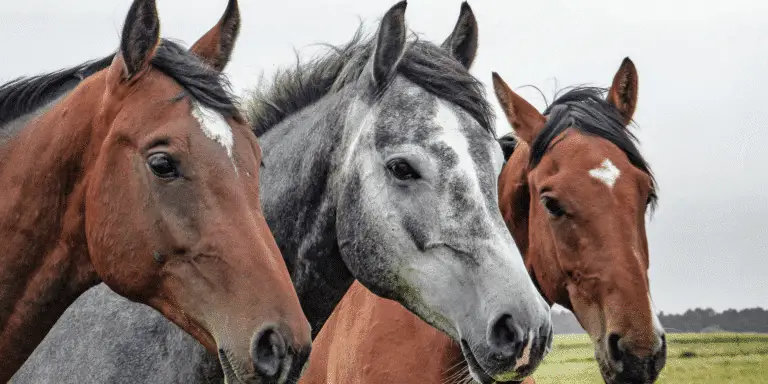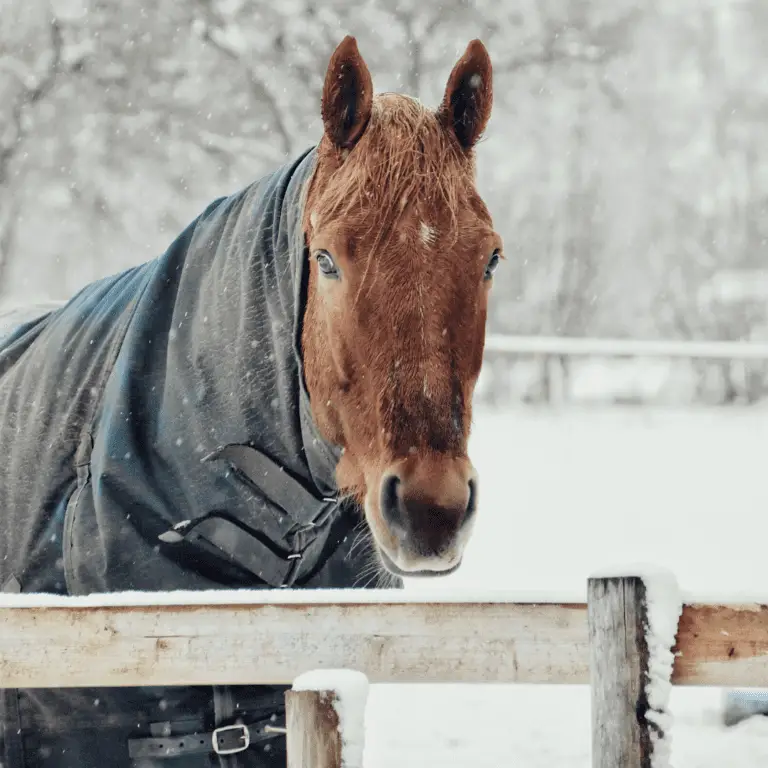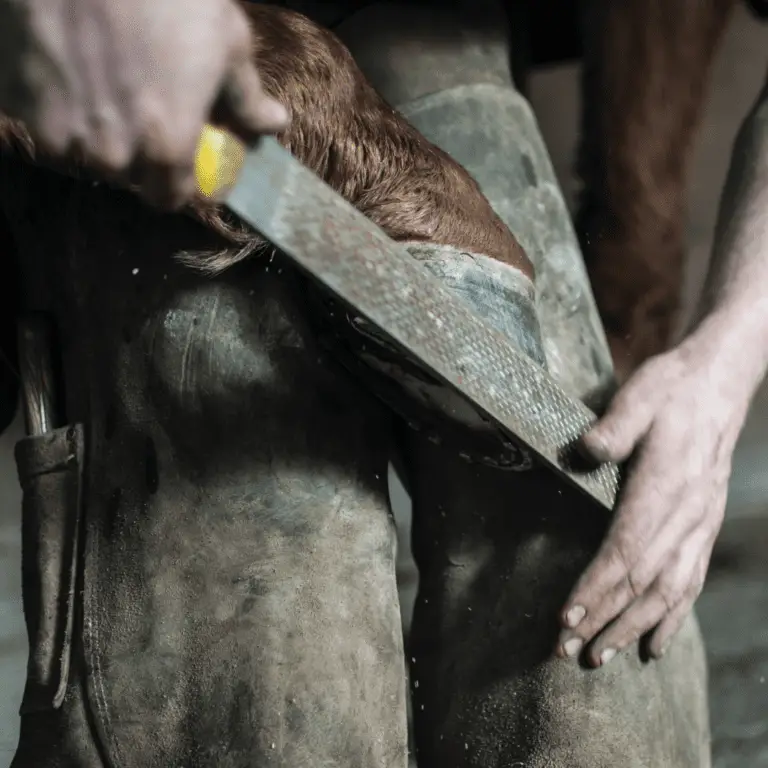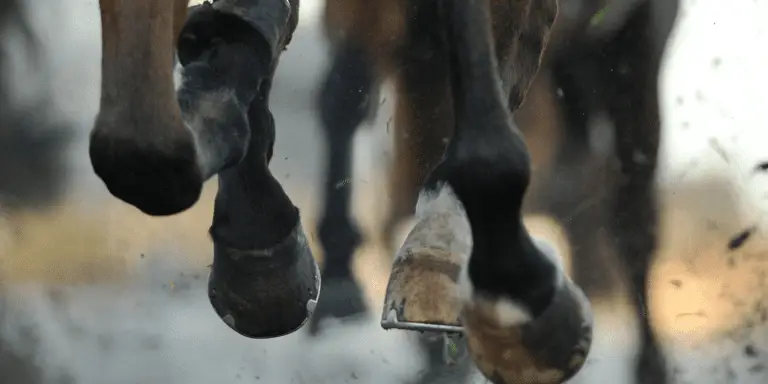
The Equine Skeleton – The Horse From the Inside
It is nothing new that horses are very agile animals. But did you know that a horse’s skeleton consists of 252 individual bones? This means that a horse has 46 more bones than a human. However, horses do not have

